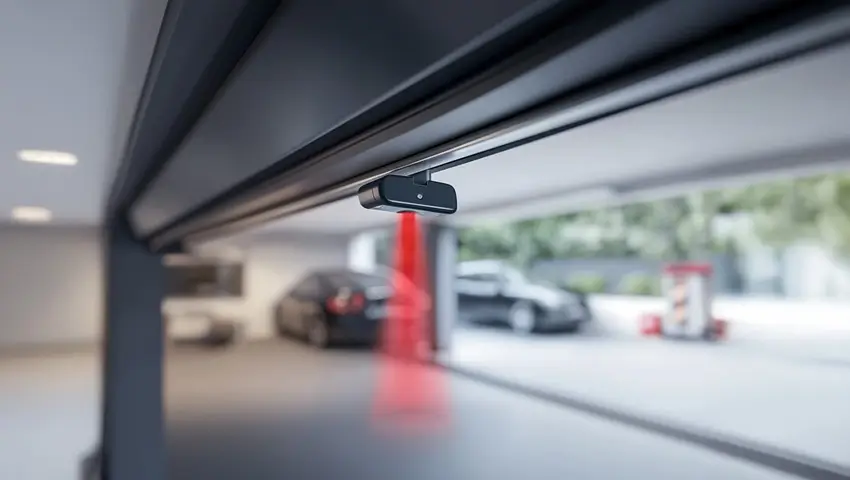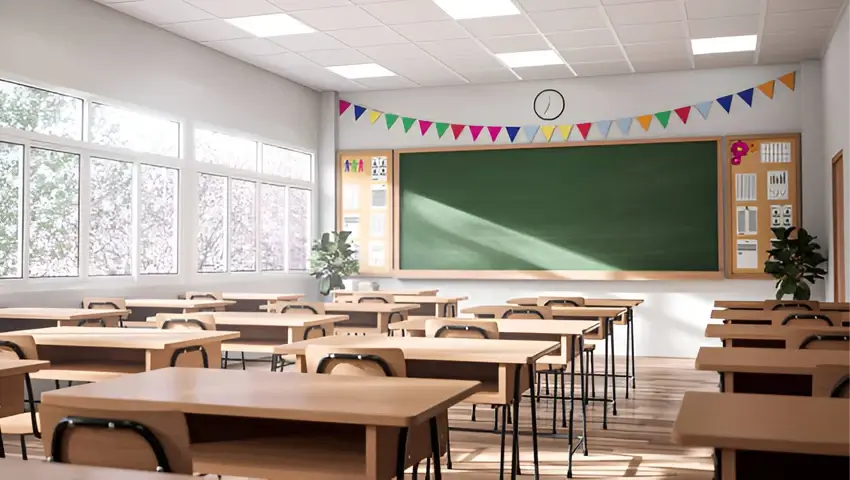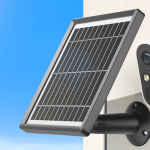This guide provides a comprehensive overview of the laws governing the use of outdoor surveillance cameras at home, helping homeowners understand their rights and responsibilities. Outdoor security cameras have become a common addition to homes, offering a sense of safety and peace of mind. They help deter criminal activity, monitor deliveries, and keep an eye on your property when you’re away. However, as helpful as these devices are, they raise important legal questions.
- Can you point a camera toward the street?
- What about your neighbor’s backyard?
- Is recording audio legal?
Understanding the legal boundaries for outdoor surveillance cameras is crucial for responsible use. This guide will equip you with the knowledge to navigate these legal complexities and protect your home effectively.
Contents
Understanding Outdoor Surveillance Camera Laws
Laws surrounding security cameras often balance personal security with privacy rights. While you have the right to secure your property, others have the right not to be recorded in private areas without consent.
General Principles of Surveillance Laws
Most laws consider these two key principles:
- Reasonable Expectation of Privacy: People have a reasonable expectation of privacy in certain areas, such as inside their homes or fenced backyards.
- Public vs. Private Spaces: Recording public areas (e.g., sidewalks, roads) is generally legal, while recording private spaces without consent can be problematic.
Key takeaway: Recording your own property is usually permitted, but filming others’ private areas can violate privacy laws.
Federal vs. State Laws
- Federal Level: There are no overarching federal laws specifically regulating home surveillance cameras in the U.S. However, federal wiretapping laws apply when audio recording is involved.
- State Level: Each state can impose its own regulations regarding surveillance and privacy. Some states, like California, have stricter privacy laws, while others may be more lenient.
- Local Ordinances: City and county regulations may also restrict how and where you can place security cameras.
Example: In California, recording someone’s private property without consent can lead to legal consequences. However, in Texas, the laws may be less restrictive.
Action: Always check both state and local regulations before installing outdoor cameras.
Common Legal Concerns with Outdoor Cameras
Even when used with the best intentions, security cameras can raise legal issues. Understanding common concerns can help you stay compliant.
1. Recording Public Spaces
You are generally allowed to record public spaces such as streets, sidewalks, and parks visible from your property. However, zooming in on individuals or vehicles to capture identifying details could cross legal boundaries in some areas.
Best practice: Keep cameras focused on your property to avoid any appearance of invasive recording.
2. Recording Private Property (Neighbor’s Home)
Recording private property, such as a neighbor’s backyard, windows, or swimming pool, can infringe on privacy laws.
When is it allowed?
- If the camera unintentionally captures a small part of the neighbor’s property while mainly focusing on your home.
- If both parties consent to surveillance for mutual security purposes.
When is it not allowed?
- Intentionally pointing cameras to spy on a neighbor’s private activities.
- Recording through windows into someone’s home without consent.
Tip: Angling your camera away from neighboring homes or using privacy masking features can help avoid legal issues.
3. Audio Recording Laws
Audio recording laws are often stricter than video recording laws. Many states have two-party consent laws, meaning all parties being recorded must give consent.
Types of Consent Laws:
One-Party Consent: Only one person involved in the conversation needs to consent to the recording (e.g., Texas).
Two-Party Consent: All parties must consent (e.g., California, Florida).
Tip: If unsure, it’s best to disable audio recording or consult local laws before using this feature.
Best Practices for Staying Compliant with Outdoor Camera Laws
Following these best practices can help you stay compliant while maximizing your home security.
1. Proper Camera Placement
DO: Position cameras to monitor entry points, driveways, and areas around your home.
DON’T: Point cameras directly at a neighbor’s window or private spaces.
Pro Tip: Use privacy zones on your camera settings to block certain areas from being recorded.
2. Notifying Others of Surveillance
Informing others that they are being recorded can deter crime and keep you legally protected.
- Post Surveillance Signs: Signs stating “24/7 Surveillance in Use” can act as a deterrent while maintaining transparency.
- Inform Regular Visitors: If you have frequent visitors or workers on your property, consider informing them about surveillance use.
3. Avoiding Audio Recording Violations
If audio recording is not essential for your security needs:
- Disable the audio feature in your camera settings.
- If recording audio, ensure all parties are aware and consent where legally required.
4. Secure Your Footage
Proper data security is crucial:
- Use encrypted storage for recorded footage.
- Restrict access to authorized users only.
- Regularly update your security camera firmware to prevent hacking.
What to Do If You Face Legal Issues?
Even with precautions, disputes or misunderstandings can arise. Here’s how to handle them effectively:
1. Responding to Neighbor Complaints
- Stay Calm: Listen to your neighbor’s concerns respectfully.
- Explain the Camera’s Purpose: Clarify that the camera is for home security and not for spying.
- Adjust the Camera Angle: If necessary, slightly reposition the camera to ease tensions.
2 Legal Escalations and Seeking Help
If the issue escalates:
- Document Everything: Keep records of your camera placement, footage, and any complaints received.
- Consult Local Authorities: Check with your local police department or city officials for clarification.
- Seek Legal Advice: If you receive a formal legal notice, consider consulting an attorney specializing in privacy laws.
Conclusion
Navigating the legal landscape of outdoor surveillance cameras for home requires a careful balance between safeguarding your property and upholding the privacy rights of others. Remember:
- Familiarize yourself with state and local laws.
- Avoid recording private spaces like neighbors’ homes.
- Disable audio recording if consent laws are unclear.
- Use clear signage to notify others of surveillance.
By following these guidelines, you can protect your home responsibly while maintaining a positive relationship with your community. Always prioritize safety and privacy for a secure and respectful neighborhood.





